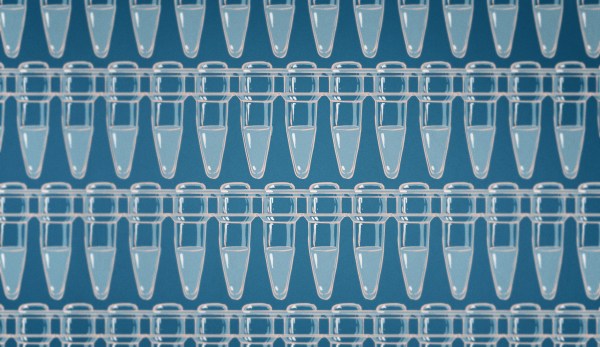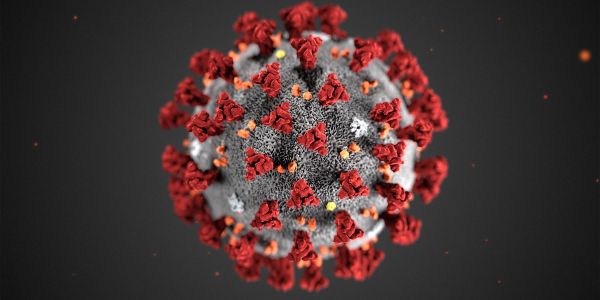Whenever anyone mentions the word “antibodies” these days, it’s sure to grab your attention. Thoughts generally flow to the human immune system and the role it plays in the ongoing COVID-19 pandemic, and to how our bodies fight off disease in general. The immune system is complex in the extreme, but pretty much everyone knows that antibodies are part of it and that they’re vital to the ability of the body to recognize and neutralize invaders like bacteria and viruses.
But as important as antibodies are to long-term immunity and the avoidance of disease, that’s far from all they’re good for. The incredible specificity of antibodies to their target antigens makes them powerful tools for biological research and clinical diagnostics, like rapid COVID-19 testing. The specificity of antibodies has also opened up therapeutic modalities that were once the stuff of science-fiction, where custom-built antibodies act like a guided missile to directly attack not only a specific protein in the body, but sometimes even a specific part of a protein.
Making these therapies work, though, requires special antibodies: monoclonal antibodies. These are very much in the news recently, not only as a possible treatment for COVID-19 but also to treat everything from rheumatoid arthritis to the very worst forms of cancer. But what exactly are monoclonal antibodies, how are they made, and how do they work?
Continue reading “Monoclonal Antibodies: The Guided Missiles Of Medicine”













